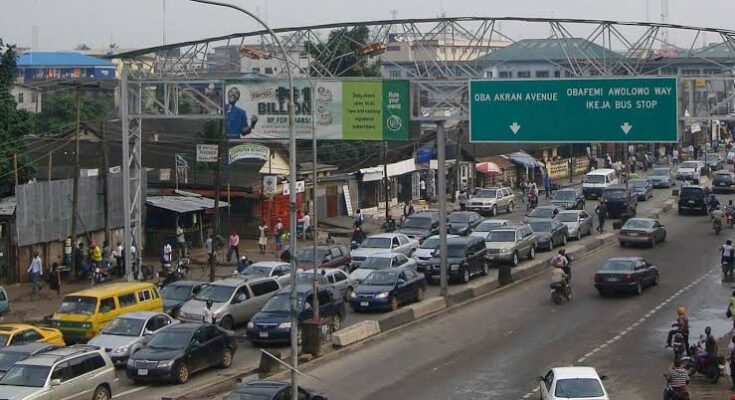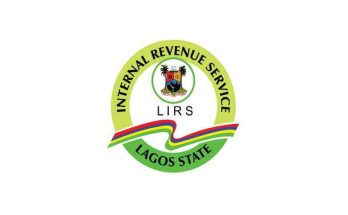By Oluwayanmife Ayobami
Ikeja, the capital city of Lagos State in southwestern Nigeria. With its rich history, vibrant culture, and thriving economy, Ikeja has become a significant hub for trade, commerce, and industrial activities.
Originally settled by the Yoruba people, this town has evolved from an agricultural hinterland to a bustling residential and industrial suburb of Lagos. From its industrial estate housing textile plants, footwear factories, and pharmaceutical companies to its cultural and entertainment centers, Ikeja offers a diverse range of experiences.
Whether you’re exploring the bustling markets, enjoying live music performances, or immersing yourself in the city’s rich heritage, Ikeja has something for everyone. Join us as we delve into the 10 things you need to know about this dynamic city and discover the unique charm and opportunities it has to offer.
1. Ikeja was originally settled by the Yoruba people and was raided for slaves until the mid-19th century. It became an agricultural hinterland for Lagos and was transformed into a residential and industrial suburb of the city.
2. In 1976, Ikeja became the capital of Lagos state, one of the 36 states in Nigeria. It is the administrative center where the state government is located.
3. Ikeja is home to a thriving industrial estate with various manufacturing plants. It houses cotton and wool textile plants, footwear, cosmetics, pharmaceuticals, plastics, paper and cork products, ceramics, paints, matches, and lighting product factories.
4. The town plays a significant role in the economy of Lagos state and Nigeria as a whole. It is a major center for trade, commerce, and business activities, with numerous import-export businesses, publishers, and printers.
5. Ikeja is well-connected to other parts of Lagos and Nigeria. It is home to the Murtala Muhammed International Airport, the busiest airport in Nigeria, which serves as a major gateway for air travel.
6. It is known for its vibrant cultural and entertainment scene. It is home to Femi Kuti’s Africa Shrine and Lagbaja’s Motherland, popular venues for live music. The city also has its own radio stations, broadcasting in English and Yoruba.
7. Ikeja has a mix of residential neighborhoods, including Ipodo, Alausa, Oregun, Ojodu, Maryland, and more. These areas offer a range of housing options, from high-class residential areas to more affordable housing.
8. The town is home to several educational institutions, including the Federal Institute of Industrial Research, a community nursing school, and various schools and colleges.
9. Ikeja City Mall, the largest mall on the Lagos State mainland, is a popular shopping destination in the area. There are also recreational facilities, parks, and gardens where residents and visitors can relax and enjoy leisure activities.
10. Over the years, Ikeja has experienced significant urbanization and population growth. It has transformed from a well-planned, clean, and quiet residential area to a bustling commercial and industrial hub, facing challenges of overcrowding and urban development.
These are just some of the key aspects that define Ikeja and make it an important city in Lagos State and Nigeria.








